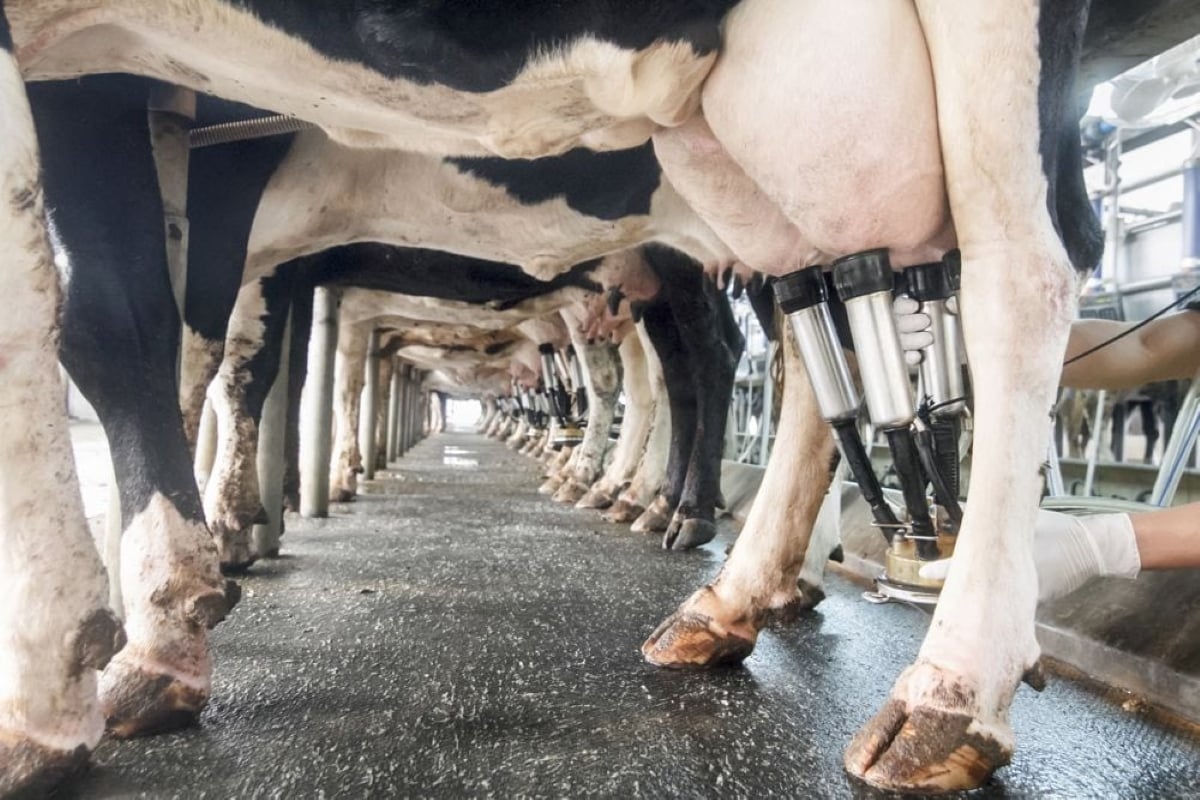Kathleen Wynne, Ontario’s soon-to-be new Liberal premier, plans to reach out to rural Ontario by keeping the agriculture, food and rural affairs portfolio herself.
The 59-year-old veteran Toronto community activist and 10-year Ontario legislature veteran who won the leadership Jan. 26, promised during the campaign that she would hold the agriculture job for at least a year if her minority government survives.
She will become the first provincial premier to also hold the agriculture portfolio since Saskatchewan’s Grant Devine from 1985-91.
OFA general manager Neil Currie said Jan. 29 that Wynne has confirmed the commitment to the OFA, although her cabinet may not be unveiled for days.
Read Also

Farm gate milk price to rise in 2026
The Canadian Dairy Commission will raise its farm gate milk price by 2.3255 per cent in February, the Crown corporation announced on Friday.
OFA president Mark Wales said it demonstrates a “personal commitment” to agriculture and rural Ontario — a significant segment of the political landscape that the Liberals have mainly lost to the Progressive Conservatives during the past three elections that the Liberals won largely on an urban vote.
Wales said that with a direct pipeline to the new premier and agriculture minister, the OFA will press for a government commitment to a food strategy, energy issues, regulatory modernization and investment in rural infrastructure.
Wynne has no public track record on rural or agricultural issues.
She is Toronto based and her government portfolios during the past half dozen years have been in education and transportation.
Wynne, the first female Ontario premier, also is the first self-proclaimed gay provincial premier in Canadian history.
Currie said her decision to take on the agriculture, food and rural affairs portfolio in the new government is an important signal to rural and farm Ontario.
“It means the Liberal party is putting on a push to reconnect with its rural roots,” he said. “It is a part of the province the party has largely lost.”
During the 2011 Ontario election that reduced the two-term majority Liberal government to a minority, the controversy over wind power in rural areas helped lead to the defeat of most remaining rural Liberals, including agriculture minister Carol Mitchell and her predecessor.













